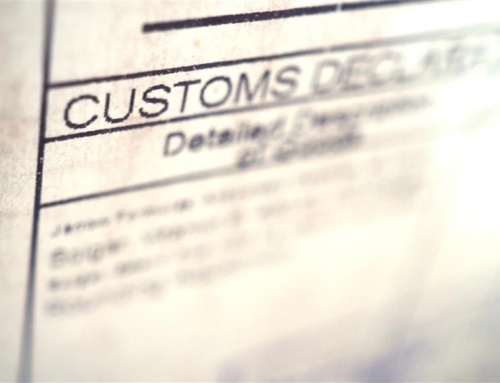While the number of containers lost at sea had been trending down over the past few years, recently, more cargo has gone overboard during the past three months than the annual average, 779 containers a year, between 2017 and 2019. Just last week, the Maersk Eindhoven lost 260 containers overboard. In January, 750 containers were missing from the Maersk Essen, and back in November 2020, the ONE Apus lost a total of 1,816 containers. 
The most extreme incident within the past 10 years took place back in 2013 when the MOL Comfort sank resulting in the loss of 4,293 containers. Industry experts are not definitive if the probability of cargo falling overboard from shipping accidents has increased or is correlated to changes in global climate patterns, rises in sea levels and severe weather conditions. And, although most cargo losses are due to events that are out of an ocean carrier’s control, in a few cases these incidents could have been avoided.
Circumstances other than catastrophic events that may contribute to falling cargo include:
- Incorrectly packing goods inside containers
- Incorrectly handling/loading and unloading containers onto vessels
- Inaccurately communicating a container’s weight
In any case, liability will depend on how the containers are lost, however, many carriers have limited liability which does not guarantee that a business will retrieve the entire cost of their missing cargo. Therefore, it is essential for businesses to invest in the right insurance when shipping goods by sea.
GENERAL AVERAGE
In the event of a disaster, you could be liable for more than just your loss of goods. General average, a maritime law, states that all parties involved, including cargo owners, are responsible to cover a proportional part of the total loss – including, for example, the replacement of an entire vessel if required. The rule, used sparingly, also covers any cargo deliberately thrown overboard to save a vessel or the majority of its contents.
If a vessel owner declares General Average, the shipment owners must confirm their contribution by way of a financial guarantee through an Average Bond before their cargo is released. When the shipper’s insurance covers General Average, the financial guarantee is provided by the insurance, ensuring a timely release of the cargo.
At Green, we offer an “All-Risks” marine insurance policy that covers CIF (cost insurance and freight) + 10% of the cargo value on domestic and international shipments, from the time the goods leave the seller’s premises until they reach the buyer’s warehouse. Find the link to our Shipper’s Guide to Global Cargo Insurance below.
Stay up-to-date on freight news by following us on Facebook, Twitter, and LinkedIn, and make sure to check out our website at greenworldwide.com.







